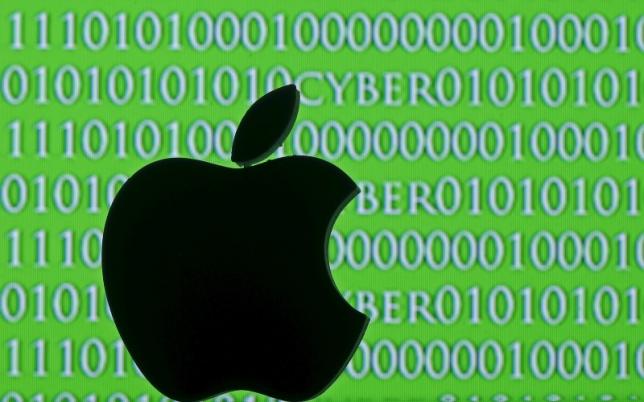Apple to enslave humanity with augmented reality rollout
04/02/2017 / By D. Samuelson

The first definition of reality, as supplied by the Oxford English Dictionary is this:
The state of things as they actually exist, as opposed to an idealistic or notional idea of them.
Apple has added another word –” augmented” — to spice up that original definition. As reported by The Daily Mail, Apple’s CEO Tim Cook is a “big fan” of augmented reality (AR) and believes that the masses will be so enveloped within the technology it will be like “eating three meals a day.” He’s extremely excited about the technology. And, reports Bloomberg.com, so are some salivating investors who”are quite happy to know” of Cook’s abiding trust in AR as an economic driver, giving Apple the opportunity to again “dominate the next generation of gadgetry.”
AR isn’t as well known as virtual reality (VR). And the AR physical devices wont’ be as intimidating as those large headgear VR computer glasses that most people are familiar with. Tim Cook has said that he doesn’t really think “people will want to be enclosed in something.” But what exactly is AR? Here’s a quick definition from Matt Gonzalez, who works for Macrumors.com.
There are several products Apple has been tinkering with to propel AR supremacy. Digital glasses will connect to iPhones and reveal all sorts of AR content that gives the user access to digital information while still knowing where they are in the real world. And rumors are swirling concerning a built in AR system for iPhone 8. Technical issues may hold that off for a time, but it is coming. And please keep in mind, while you’re swallowing their apple, that data is continually being scanned by other very interested parties.
One particularly chilling specific of the AR potential in the iPhone 8 has been revealed by Rod Hal, a JPMorgan technology analyst. He says the iPhone 8 “would feature a front-facing 3D laser scanner to detect the person’s face, instead of their fingerprint, in order to provide first-class security. . .” The privacy implications of this is staggering, if you think about how much personal and health information is available via facial expressions and most importantly, an iris scan. But the millions from the current tech-addicted generation may be more concerned about an augmented restaurant menu, AR selfies and all those available AR games.
Macrumors.com reports that Apple’s intent to bring AR to the fore also meant some very specific acquisitions. They nabbed Doug Bowman, a former computer science professor at Virginia Tech who ran a lab there called the Center for Human-Computer Interaction. Other hires include former employees of Microsoft’s HoloLens team, as well as whole companies like Faceshift, which Apple purchased in 2015 for their prowess in 3D animation and facial expression.
In Tim Cook’s quest to “bring technology to the masses” with AR, Apple purchased another company called Mataio that has expertise in creating “augmented reality scenarios in just a few minutes.” In this video, a Time Traveler AR program, crafted with Metaio technology, allowed visitors to the Berlin Wall to “augment” their tourism reality.
One question no one seems to be asking is this: When reality becomes augmented, how will the brains of those who participate in these realities be affected? Perhaps the psychiatric cartel will create new words and diseases for cognitive impairment, schizophrenia and paranoia. And then the pharmaceutical cartel can create more sorcery concoctions to “fix” the problem. (RELATED: See more news about technology glitches at Glitch.news.)
Until then, remind your children what real seeds looks like. And, if you’re able, plant or sprout a few. You won’t need any AR for that.
Sources:
Submit a correction >>
Tagged Under:
3D technology, Apple computer, Augmented Reality, Faceshift, i Phone 8, loss of privacy, Metaio, Tim Cook
This article may contain statements that reflect the opinion of the author
RECENT NEWS & ARTICLES
COPYRIGHT © 2017 GLITCH.NEWS
All content posted on this site is protected under Free Speech. Glitch.news is not responsible for content written by contributing authors. The information on this site is provided for educational and entertainment purposes only. It is not intended as a substitute for professional advice of any kind. Glitch.news assumes no responsibility for the use or misuse of this material. All trademarks, registered trademarks and service marks mentioned on this site are the property of their respective owners.



















